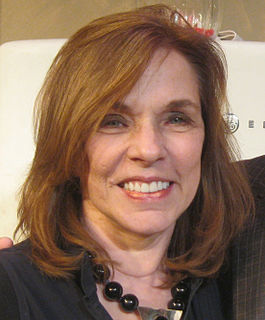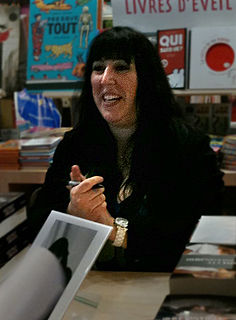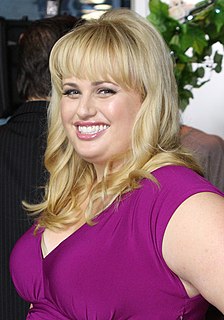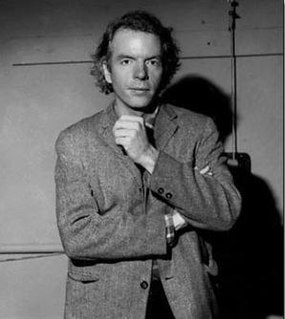A Quote by Harlan Coben
Let me back up a little and tell you why I prefer writing to real life: You can rewrite. A novel, for example, can be cleaned up, altered, trimmed, improved. Life, on the other hand, is one big messy rough draft.
Related Quotes
So it's back once more, back up the slope. Why do they always ruin my rope with their cuts? I felt so ready the other day, Had a real foretaste of eternity In my guts. Spoonfeeding me yet another sip from life's cup. I don't want it, won't take any more of it. Let me throw up. Life is medium rare and good, I see, And the world full of soup and bread, But it won't pass into the blood for me, Just goes to my head. It makes me ill, though others it feeds; Do see that I must deny it! For a thousand years from now at least I'm keeping a diet.
Writing has to do with truth-telling. When you're writing, let's say, an essay for a magazine, you try to tell the truth at every moment. You do your best to quote people accurately and get everything right. Writing a novel is a break from that: freedom. When you're writing a novel, you are in charge; you can beef things up.
Almost all good writing begins with terrible first efforts. You need to start somewhere. Start by getting something-anything-down on paper. A friend of mine says that the first draft is the down draft-you just get it down. The second draft is the up draft-you fix it up. You try to say what you have to say more accurately. And the third draft is the dental draft, where you check every tooth, to see if it's loose or cramped or decayed, or even, God help us, healthy.
For me, what I am making in the novel is a place to live. When I first switched from poetry to novels, I was asked why, and the metaphor I came up with was about poems as rooms. You can make a room perfect, but then you have to shut the door and never go back, whereas a novel is like a house - it can never be perfect, but you can make a life in it.


































